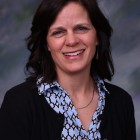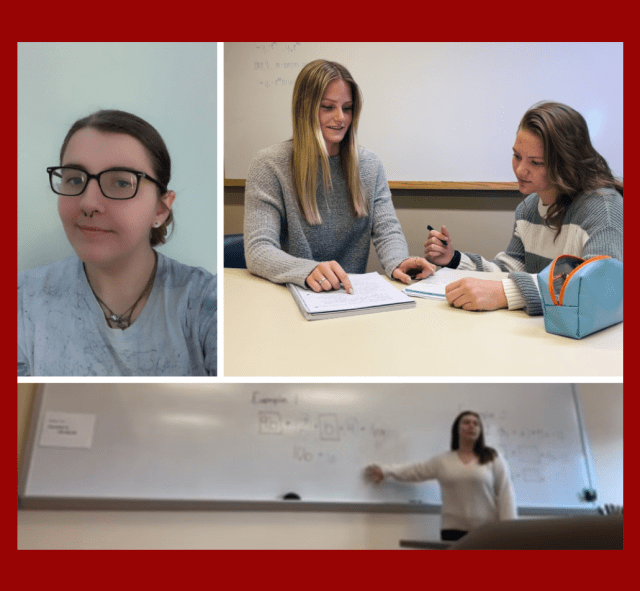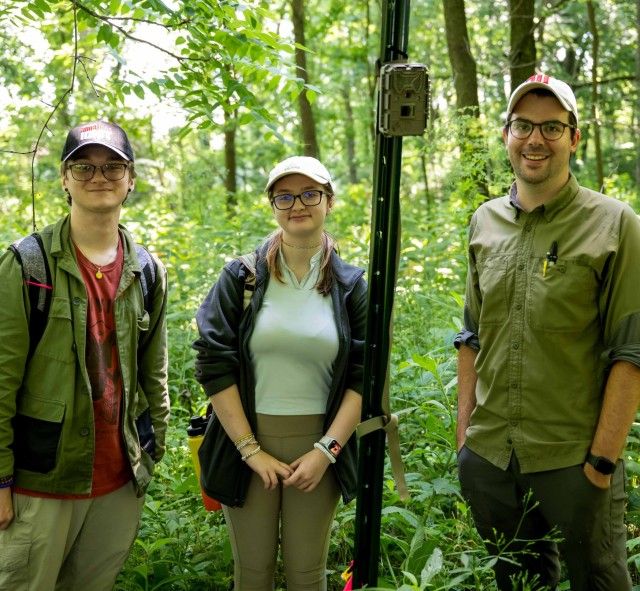A proponent of active, hands-on learning, Professor of Chemistry and Department Chair Justin Houseknecht has written about the teaching techniques that are contributing to higher student success rates in his organic chemistry classes. His chapter in The Flipped Classroom, Vol 2 (2016) inspired Dr. Ewa Maciejczyk from the Lódz University of Technology in Poland, to seek out a collaboration that would help her implement those methods in her classroom.
Serving as a flipped education expert, Houseknecht worked with Maciejczyk during the fall and winter terms to develop an Organic Chemistry 2 course that incorporated explicit communication of learning objectives, the Just-in-Time Teaching method, formative assessment, and collaborative learning. The two alternated leading class sessions throughout the term so that he could both model how to facilitate an active learning classroom and provide feedback on her facilitation.
“Students read assigned reading and used Perusall [a social reading platform] before class to let the instructor know which material they had questions about for class,” Houseknecht said. “We then used that material to organize class sessions that addressed their questions through 5-10 minute lecture/discussions and collaborative learning. Teams recorded videos of the process they used to solve problems which were reviewed immediately as a class to provide feedback.
“This implementation of Just-in-Time Teaching emphasizes student agency in determination of class content, collaborative learning, and frequent formative assessment,” he said.
In this interview with the communications department at Lódz University, Houseknecht describes the flipped classroom and the benefits for students in a special video.
Wittenberg students have praised the flipped classroom technique for increasing their knowledge and grasp of subject matter:
- “The learning in this course was off the charts. It was extremely interactive and there was a ton of material that was covered that was super challenging and fun.”
- “The teamwork was a really great way to incorporate interaction.”
- “We do a lot of group work and answer practice questions in class. And the teacher is always available for questions.”
- “The teamwork portion of this class allows everyone to ask questions and be actively involved during class time.”
- “The way Dr. Houseknecht utilizes the lecture time for this class makes it so that everyone is always engaged in what is happening.”
- “The learning outcomes are clearly outlined in the syllabus, and each learning outcome is clearly outlined in each Perusall assignment with what is expected of us. The lecture time is not really great for note-taking, but this is because it is expected [that we] already have notes taken on the learning outcome.”
For more information about Houseknecht’s approach to the flipped classroom:






